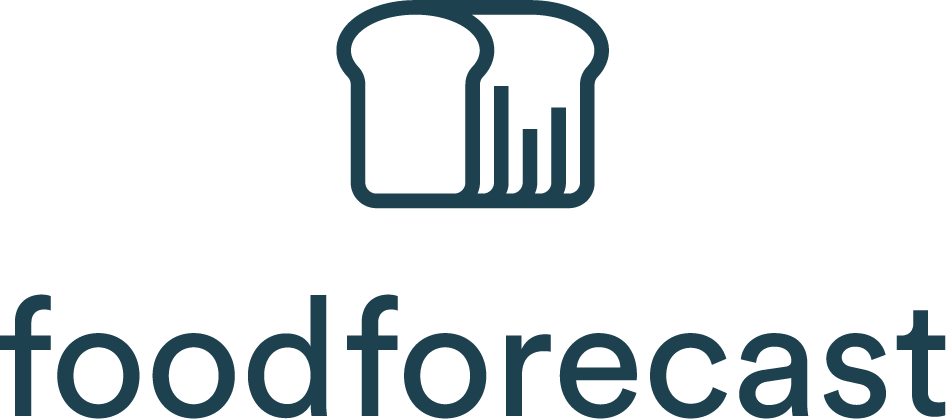What is sales planning?
Sales planning is the systematic process of setting sales targets and developing strategies and tactics to achieve these targets. It includes analyzing market trends, assessing the competitive situation, setting sales targets and budgets and developing sales strategies and plans.
Where is sales planning used?
A large number of industries and companies use sales planning, including:
- Retail: Here, sales planning is used to develop seasonal sales strategies, plan promotions and manage stock levels.
- B2B (business-to-business): Companies use sales planning to maintain customer relationships, coordinate sales teams and conclude long-term contracts.
- Service sector: Service companies plan their sales activities in order to win new customers and retain existing customers.
- Technology and innovation: In fast-moving industries such as technology, sales planning helps to manage the product lifecycle and gain market share.
The advantages of sales planning
- Target clarity: Sales planning helps companies to set clear and realistic sales targets that motivate and align the entire team.
- Efficient use of resources: Through structured planning, resources (such as sales staff, marketing budget, etc.) can be used optimally to achieve the best results.
- Market analysis: Sales planning forces companies to thoroughly analyze the market, identify trends and develop competitive strategies.
- Risk minimization: With a well-thought-out sales plan, risks can be better identified and minimized through appropriate measures.
- Performance evaluation: The success of sales strategies can be continuously monitored by sales planning and changes can be made if necessary.
The disadvantages of sales planning
- Time and cost: Creating a comprehensive sales plan can be time-consuming and costly.
- Unpredictability: Despite careful planning, unforeseen market changes or economic events can affect the sales plan.
- Loss of flexibility: A sales plan that is too rigid can limit a company's flexibility to react quickly to market changes.
- Excessive bureaucracy: In large companies, sales planning can lead to bureaucratic hurdles that delay the implementation of sales strategies.
- Lack of adaptation: A sales plan that is not regularly reviewed and adapted can quickly become outdated and ineffective.
Sales planning in the food industry
In the food industry, sales planning is particularly important in order to organize production efficiently, reduce costs and avoid food waste. Seasonal fluctuations and special promotions (such as public holidays or regional festivals) must be included in the planning. Planning also helps to optimally manage stock levels of raw materials.
The influence of technology and artificial intelligence in sales planning
- Forecasting accuracy: Artificial intelligence (AI) can analyze historical sales data and create precise forecasts for future sales. This helps bakeries, food retailers and restaurants to better plan production and stock levels in order to avoid bottlenecks and overstocking.
- Inventory management: Modern technologies enable real-time monitoring of stock levels. This is particularly important in food retail and catering to ensure that there are always enough products available without tying up too much capital in stock.
- Staff scheduling: AI can also support staff scheduling by suggesting the optimal number of employees for different times and tasks based on sales forecasts and historical data.
- Dynamic pricing: Technology enables food retail and food service companies to implement dynamic pricing strategies. This can include adjusting prices based on demand, competitive activity and other factors.
- Marketing and personalization: AI-based systems can analyse customer behaviour and create personalized offers and recommendations. This can strengthen customer loyalty and increase sales. For example, bakeries can run targeted promotions for regular customers and restaurants can make personalized menu recommendations.
- Automation of routine tasks: Technologies such as order and payment automation can make the sales process more efficient and give employees more time for customer-oriented tasks. Ordering terminals could reduce waiting times in bakeries, self-checkout tills in food retail and mobile ordering and payment systems in restaurants
Request a callback
We will be happy to call you back promptly to talk to you personally









